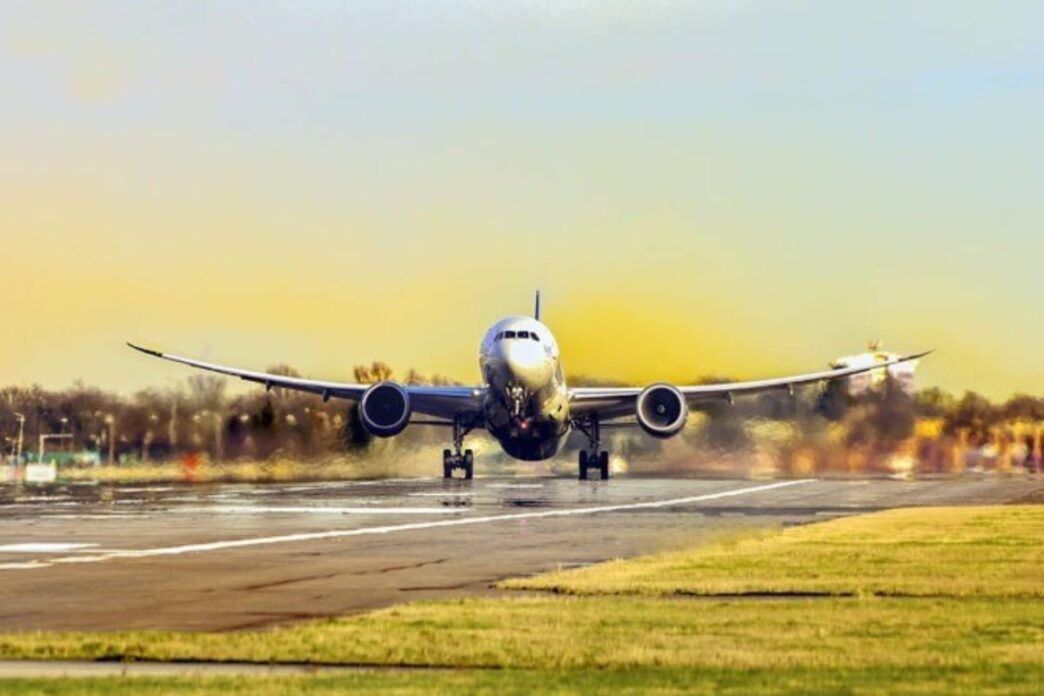6,000 flights cancelled globally amid escalating Israel-Iran conflict
As tensions grow between Israel and Iran, the global aviation industry has faced major disruption. More than 6,000 flights have been cancelled in the past 48 hours, according to international aviation sources and live flight tracking data.
Airports in conflict-affected countries and nearby regions, such as Tel Aviv, Tehran, Damascus, Baghdad, Beirut, and Amman, have either shut down completely or are operating with strict limitations. Airspace over Iran, Israel, and Baghdad has remained closed for two straight days, and only limited flights are allowed through Jordan, Lebanon, and Syria under tight controls.
FlightRadar24, a live air traffic tracker, reported around 3,000 daily flight cancellations from airports in the conflict zone. This has affected regional as well as international flight schedules.
Ben Gurion Airport in Tel Aviv, Israel’s main airport, is among the worst affected. Israeli airline El Al and several global carriers like Air France, Wizz Air, Ryanair, and Delta have stopped flights to and from Israel. Delta announced that its suspension will continue until the end of August.
This disruption comes after Israel confirmed on Friday that it had carried out attacks on Iranian nuclear sites, missile factories, and top milit figures. Israel warned of a long-term campaign to stop Iran from building a nuclear weapon. The Israeli milit has put its air defense systems on high alert and closed Ben Gurion Airport.
The impact has spread throughout the region. Iran, Iraq, and Jordan have all shut down their airspace. Iraq’s state media reported that all air traffic over its territory stopped early Friday. Eastern Iraq, a major air route linking Europe and the Gulf, is now empty of flights.
Jordan also closed its skies soon after the Israeli attacks began. Lebanon, Syria, and parts of Saudi Arabia have allowed only limited flights with special permission.
Major airlines in the Middle East have reacted by cancelling many flights. Emirates has stopped flying to Iraq, Jordan, Lebanon, and Iran. Qatar Airways has cancelled flights to Iran, Iraq, and Syria. Air India, which usually flies over Iran, has rerouted or turned back flights from New York, Vancouver, Chicago, and London.
Germany’s Lufthansa has cancelled all flights to Tehran and is avoiding flying over Iran, Iraq, and Israel until further notice. Israeli airlines Israir and Arkia have moved some of their planes out of Israel for safety reasons.
Russia’s aviation authority has told all Russian airlines to stay out of the airspace over Iran, Iraq, Israel, and Jordan until June 26. It also banned flights to Iran and Israel by Russian civil aircraft.
The growing conflict has caused concern in both the aviation and financial markets. Airline stocks fell on Friday, with IAG, the parent company of British Airways, down 4.6%, Delta down 4%, and Ryanair down 3.5%. The crisis has also pushed oil prices higher, leading to worries about rising jet fuel costs.
This follows an earlier incident on May 4, when a missile fired by Yemen’s Houthi rebels landed near Tel Aviv’s airport, causing many airlines to stop flying to Israel.













